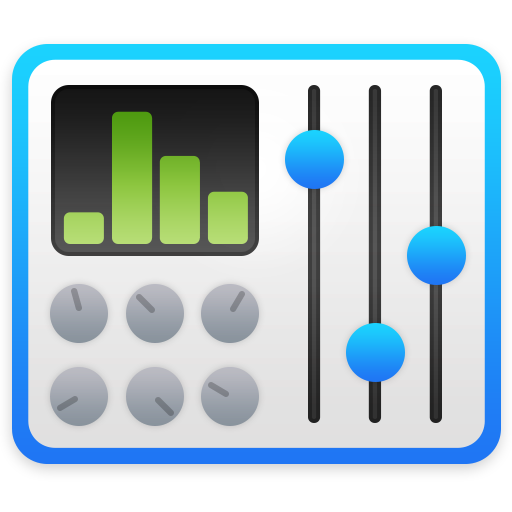

We all pain-stakingly listened to every song and came up with the best choice for the key of the song. Like last time we did a test like this on DJTT, all the songs had to have a consensus from the human group to be included in the final results. Our human test group included myself and 5 well-suited volunteers with experienced ears from the DJTT community. I’ll repeat what we always say when talking about harmonic mixing – “trust your ears!” It’s critical to not build a dependency on tools, but instead use them to augment a sense of when something works or doesn’t. We’ve heard from some sources that even a groups of pitch-perfect classically trained musicians have a significant rate of disagreement about the key of certain songs.
Beatunes 4.5.6 software#
We ran songs through our human key finding experts and 10 different softwares to see how close software can come to the human ear. This is designed to mirror what DJs might be playing on dance floors right now around the world, which is what these softwares claim to be able to detect the key of. Real World Test – Like last time, our real world test consists of 66 tracks from Beatport – the top three songs from every genre on the platform.

Some softwares understand this pretty well, others get completely thrown off by how simple the solution is – the results are always fascinating. Major / Minor Triads (“Control”) – In our first test, we crafted 24 very simple songs, consisting of an basic house drum loop and a piano playing a major or minor triad for each of the keys. Want to know what software has the best key-finding algorithms, and which still need an overhaul? Read on for our test results. Serato DJ enters the fray, and Rekordbox is vying for status as a DJ platform. Since our last key detection software square-off almost two years ago, we’ve seen new iterations of DJ software continue to incorporate key analysis.


 0 kommentar(er)
0 kommentar(er)
